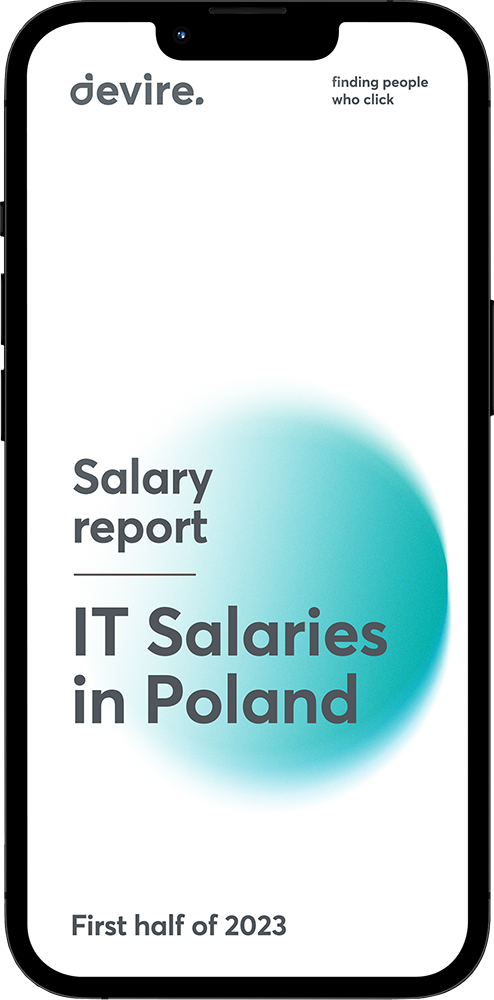Making a decision to quit is difficult. Many people are worried that too sudden company change may be misinterpreted by recruiters or potential employers. How often can you change a job, not to be classified as a “jumper” or sluggard?
Baby Boomers, that is people born in 1946–1964, used to work for 20 to 30 years in one company, and it was no surprise – this generation appreciates stability above all. People of younger generations – generation X, Y or Z – are more open to career changes.
The main reason is the candidate market, which we have observed in Poland for a few years. Specialists, top of their field, receive up to 5 or 6 job offers each month. On the one hand, frequent job changes may raise doubts among recruiters, suggesting that the candidate does not care for professional development, cannot handle new challenges or does not work well in a team. On the other hand, this may result from a high competition for specific skills – Krzysztof Stanczykiewicz, Executive Manager SSC/BPO, Devire.
When to change your job?
There is no one answer to this question. Every case is different and should be considered individually. What you should take into account is the career stage, industry, nature of the position, previous workplaces, project carried out, experience or qualifications. For example, in IT, hard skills or knowledge of a given programming language will be more important than many years of experience in one company. For candidates applying for a managerial post, building position in an organisation and development within its structures will be of essence, and this cannot be achieved by often job changes. Internships, seasonal or project-specific jobs are a completely separate category – recruiters are fully aware of their temporary nature.
Ask the HR experts
To increase their chances of success and get the dream job, candidates should work in a given company for at least 2 to 3 years.This means that a potential employee is committed to performing his or her tasks but wants to gain new experience. Why? Most employers requires their potential employees to have several years of experience in a given position or industry. This is fully understandable. Such candidates have the necessary knowledge and competences, and adapt more swiftly to their new roles.
People working for several years in one field also know the specificities of a given sector and can share valuable insight and ideas, which may impact the company’s development. What’s important is that you keep good relations with your previous employer. It’s a small world, and career paths of an employee and his or her ex-boss may cross many times in the future – Krzysztof Stanczykiewicz.
Those who managed to change their jobs after a few months should be aware that at the next job interview the recruiter will most certainly ask them about the reason for this. Therefore, it would be good to prepare a substantive response, for example, pointing to the need for personal and professional development and a thoughtful management of your career.
If you have already decided to switch job, you should prepare an efficient CV. Read our article on How to write an attractive CV?

 Devire in Poland
Devire in Poland Devire in Germany
Devire in Germany Devire in Czech Republic
Devire in Czech Republic Devire in Portugal
Devire in Portugal

